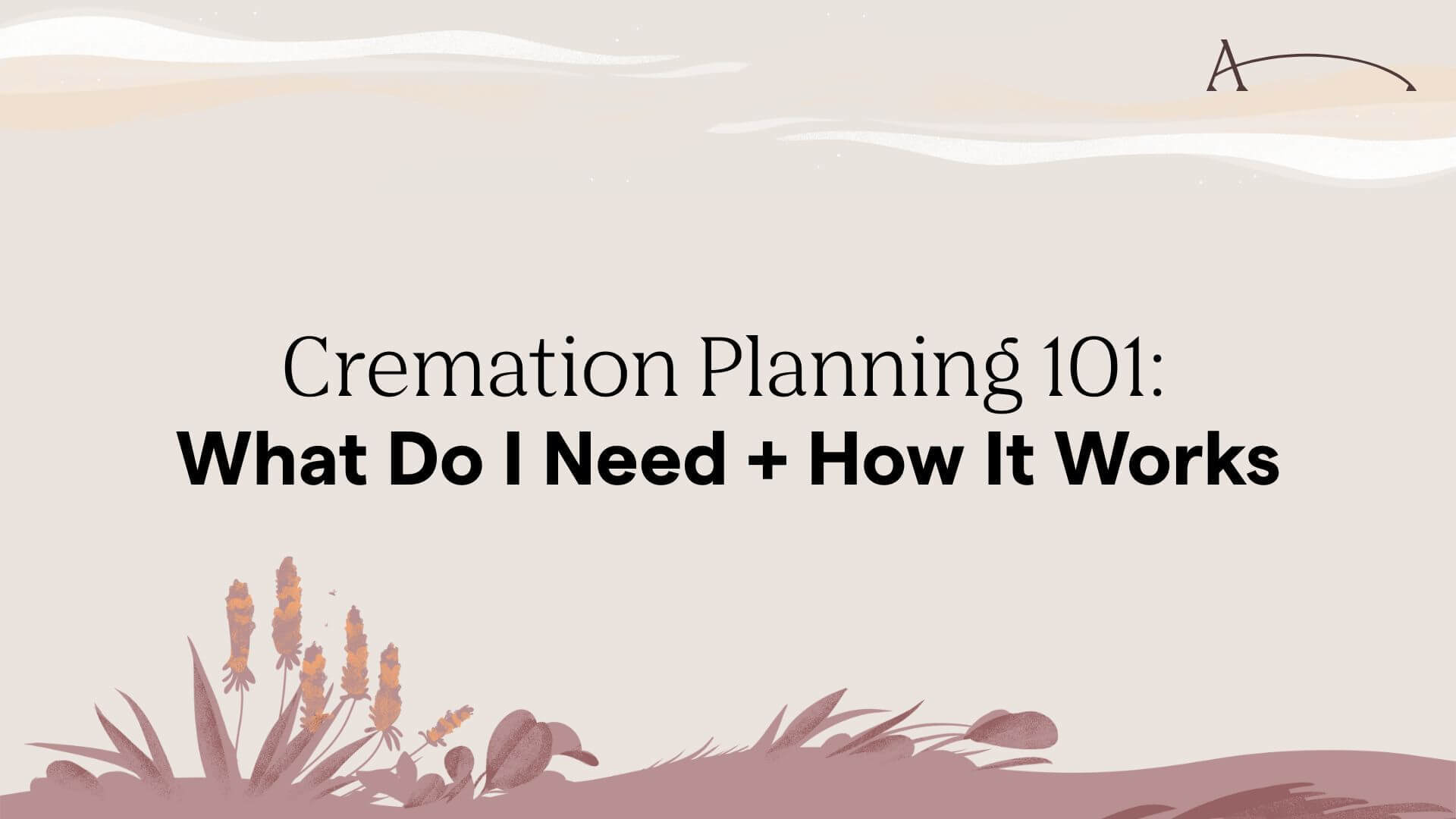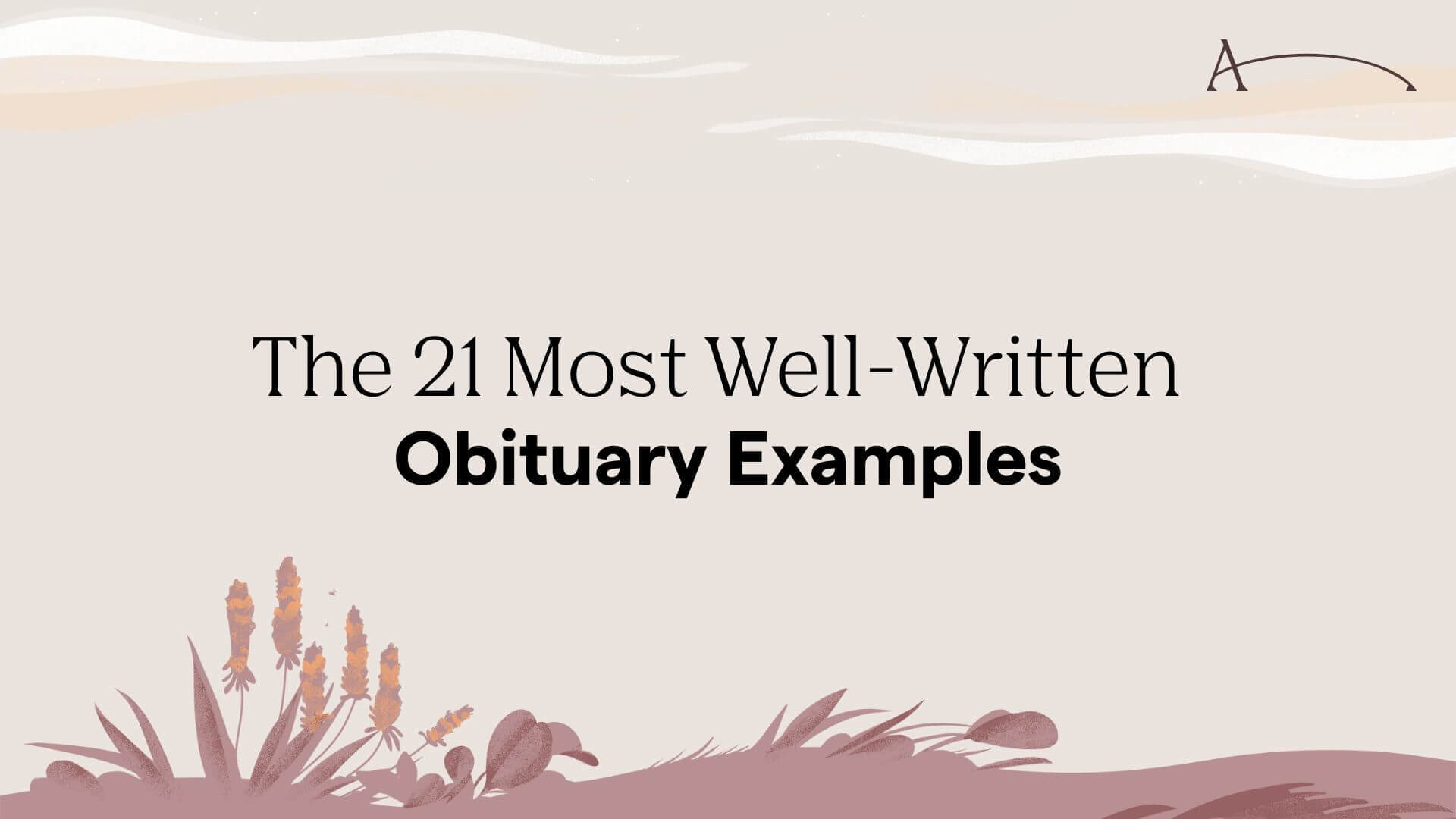
It pays to plan ahead
Preplan your own funeral arrangement online in minutes
Arrange Immediate
Cremation Services
Cremation Services
Speak to our dedicated care specialists now
Mexican funeral traditions honor the deceased through customs that celebrate life while acknowledging grief. These practices blend Catholic faith, indigenous beliefs, and strong family bonds to create meaningful farewells that support grieving families.
In this guide, we present some of the most well-known Mexican funeral customs and how families adapt modern practices while honoring their heritage.
Need help planning a cremation? The team at After is here to guide you through your options with transparency, care, and zero pressure. You can call us 24/7 at 1-844-717-5170.
{{cta_red}}
Religion and Family in Mexican Funeral Traditions
Mexican funeral traditions center on Catholic faith and family unity. Death represents a transition rather than an ending. Families approach loss with sorrow mixed with celebration, believing their loved one begins a new journey.
Catholic beliefs shape most funeral customs:
- Prayers for the soul's safe passage
- Funeral Mass with specific rituals
- Blessings from a priest
- Religious symbols like crosses and rosaries
Family plays an equally central role. Multiple generations participate in preparations, with extended family traveling from far distances. Neighbors contribute food and support, reflecting Mexican cultural values of community solidarity during difficult times.
Pre-Funeral Rituals and Preparation
Family members treat preparing the deceased as a sacred act and often take part directly. This hands-on involvement represents a final gesture of care and respect.
The preparation includes washing, dressing, and sometimes grooming the deceased. Families sometimes choose clothing with special meaning, like attire or garments that represent their passions and heritage. In urban areas, funeral home professionals may assist while honoring family wishes.
The Wake (Velorio): Community Gathering
The wake brings family and friends together for 24 to 48 hours of prayer and remembrance. Modern wakes may last just overnight or shorter periods, depending on circumstances.
Families often hold wakes at home or in a chapel, with the deceased displayed in an open casket so mourners can say goodbye directly.
A Velorio may include:
- Candles lit at each corner of the casket
- Continuous prayer, often including the Rosary
- Photos of the deceased displayed as tribute
- Food and refreshments
- Soft background music or the deceased's favorite songs
- Elaborate floral arrangements shaped as crosses or hearts
The wake isn't necessarily quiet or morose. It's a lively gathering where family and friends of all ages share stories, comfort one another, and honor their loved one's memory together.
The Funeral Ceremony and Catholic Mass
Mexican funeral ceremonies center on the funeral Mass (Misa de Cuerpo Presente) take place in a Catholic church before burial or cremation. This service provides spiritual comfort while celebrating the deceased's life.
The Mass lasts about an hour and includes scripture readings, eulogies from family or friends, and Holy Communion for practicing Catholics. The priest leads prayers for the soul's eternal rest.
Three symbolic elements carry deep meaning:
- Incense purifies the space and represents prayers rising to heaven. The sweet aroma fills the church during important moments.
- The priest sprinkles holy water on the casket, symbolizing the person’s baptism and the purification of their soul.
- Priests often mention the last rites during the funeral Mass to honor the person’s spiritual preparation.
The Procession and Burial Customs
Following the Mass, a procession accompanies the deceased to the cemetery. Family members and close friends may carry the casket, representing a final act of service and respect.
Mourners walk behind the casket when possible, literally accompanying their loved one on this last earthly journey. At the gravesite, close relatives may place earth on top of the lowering casket as a final, tangible gesture of farewell.
Cremation in Mexican Funeral Traditions
More Mexican families now accept cremation as a respectful option that still honors tradition. While traditional burial used to be the norm, attitudes are shifting due to limited cemetery space, environmental awareness, and cost considerations.
Families maintain cultural continuity by:
- Holding a traditional wake before cremation
- Conducting a Catholic funeral Mass with the remains present
- Choosing decorative urns reflecting Mexican artistry
- Creating Day of the Dead altars with the urn as centerpiece
The key is finding balance by embracing a modern practice while preserving cultural and religious elements that provide comfort.
The Mourning Period (Luto)
The mourning period, known as Luto, gives families structured time to grieve and honor the deceased.
Traditionally, families wore black clothing for extended periods. Modern families often wear black just during the funeral and immediate aftermath.
A central mourning element is the Novena. This is nine consecutive days of prayer following the funeral. Each evening, family and friends gather to recite the rosary and offer prayers for the soul's journey. Throughout this period, families may hold memorial masses (Misas de Novenario).
The Novena provides daily structure during early grief, connects family through shared ritual, and creates space for ongoing remembrance.
Significant Anniversary Commemorations
Two anniversaries carry special importance: the 40-day mark and the one-year anniversary. Forty days after passing, families often gather for a special mass. Catholic tradition suggests that by this time, the soul completes its journey to the afterlife.
The one-year anniversary (Cabo de Año) has a special memorial Mass, cemetery visits, or family gatherings to share memories. While some families observe these faithfully, others in more secular households may skip formal ceremonies.
Day of the Dead (Día de los Muertos)
Día de los Muertos, is on November 1-2. It transforms grief into joyful remembrance. This holiday reflects the belief that death doesn't end relationships, it simply changes them.
Unlike somber mourning, Day of the Dead is festive and colorful. Families believe deceased loved ones return for these days, so they create welcoming celebrations. These may include:
- Building elaborate home altars (ofrendas) with photos, candles, and offerings
- Visiting cemeteries to decorate graves with marigolds and personal items
- Preparing the deceased's favorite foods and drinks
- Creating sugar skulls and pan de muerto (bread of the dead)
Children participate fully, learning that death is a natural part of life's cycle. November 1 (Día de los Angelitos) honors the spirits of deceased children. November 2 (Día de los Muertos) honors the spirits of deceased adults. Some families may begin preparing altars and offerings on October 31.
What to Expect When Attending a Mexican Funeral
If you're attending a Mexican wake or funeral, it helps to keep in mind some basic customs to help you show respect appropriately.
Dress Code
Wear dark, conservative clothing unless the family requests otherwise. Black remains traditional, though it’s usually acceptable to wear dark gray and brown. Avoid brightly colored clothing, shorts, or overly casual attire like t-shirts.
Women: Modest dresses, skirts with blouses, or dress pants. Skirts should preferably be knee-length or longer.
Men: Dress pants with a dress shirt, ideally with a jacket. Ties are appropriate but you don’t always require them.
Wake and Funeral Etiquette
If you’re attending a wake, make sure you observe the following customs.
- Approach the casket to pay respects with a brief prayer or moment of silence
- Offer condolences to the immediate family
- Accept the food and drink that they offer you
- Share memories of the deceased if you knew them
- Expect a mix of tears and laughter as people process grief together
The atmosphere may surprise you with warm conversations over meals, and even games in separate areas. This isn't disrespectful, it's how Mexican culture honors life while acknowledging loss.
The Reception After the Funeral
Following burial or cremation, families typically host a reception where attendees share memories and food. Traditional foods often include tamales, pozole, rice, and churros.
You may also offer a monetary gift to help with funeral expenses. Guests typically give this discreetly to the host.
Mexican Funeral Songs
Music plays a comforting role during Mexican funerals, often combining religious hymns with emotional ballads that reflect love, farewell, and remembrance. Here are some traditional songs that families may choose:
- “Amor Eterno” – Rocío Dúrcal
- “Te Vas Ángel Mío” – Cornelio Reyna
- “Cruz de Olvido” – Vicente Fernández
- “Un Puño de Tierra” – Antonio Aguilar
- “Las Golondrinas” – Traditional farewell song often played at memorials
Affordable Funeral and Cremation Options
Funeral costs can strain families already dealing with emotional loss. Traditional Mexican funerals involve expenses for funeral home services, caskets, church fees, cemetery plots, flowers, and reception food.
Direct cremation provides a respectful, affordable alternative that allows families to maintain cultural traditions. Families can hold a traditional wake before cremation, conduct a full funeral Mass, and host a meaningful reception while saving significantly.
While we don’t organize funerals, After helps you plan a direct cremation. Our transparent pricing and compassionate care team help families create dignified farewells without financial stress.
Families that need financial support can use LilyPay for flexible payment plans across 3-12 months. LilyPay also enables crowdfunding through Community Gardens, allowing friends and extended community to contribute, aligning with Mexican values of community support.
Ready to discuss your options? Our team is here to guide you through planning a cremation that honors your loved one and your cultural traditions. You can call us 24/7 at 1-844-717-5170 for immediate support.
{{cta_red}}
Dallin Preece
CRO, After.com - Cremation & Preplanning Divisions
Published Date:
November 21, 2025


%20(1).png)


%20(1).png)
%20(1).png)
%20(1).png)
.jpg)
%20(1).png)

%20(1).png)



